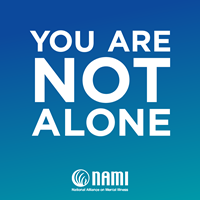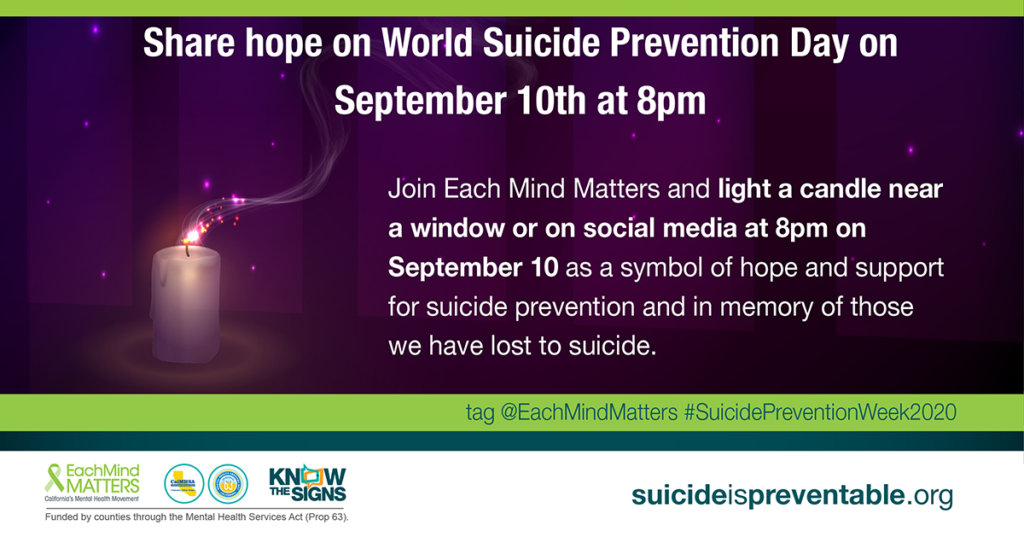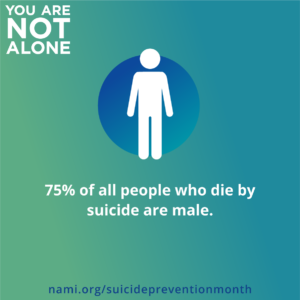At PACE Recovery Center, we are hopeful that you had a peaceful Labor Day weekend. We understand that many Americans in recovery are still out of work—furloughed or on permanent leave. As such, these are stressful times for a large percentage of the population. We also hope that you continue taking steps to safeguard your mental health and protect your progress.
We shared some alarming data regarding the dramatic increase in the number of Americans experiencing one or more adverse mental or behavioral health conditions. Being Recovery Month, we would be remiss for not reminding people – inside the rooms of recovery and out – that they are not alone.
Many people are struggling with symptoms of mental illness—some individuals for the first time. The Centers for Disease Control and Prevention (CDC) found that U.S. adults reported considerably elevated adverse mental health conditions linked with the COVID-19 pandemic. Of those surveyed, over 30 percent struggled with anxiety or depression; there is a significant chance that some of the respondents are still contending with symptoms.
Any mental illness must be addressed. The dangers of ignoring symptoms of depression and anxiety can result in self-medication or worse. Unfortunately, the CDC survey revealed that 10.7 percent of respondents reported having considered suicide in the 30 days prior.
While the survey was relatively small, 5,412 adults, it’s probable that the findings are the bellwether of a more severe problem. COVID-19 cases have bogged down our entire health care system. It’s more challenging for medical professionals to assist those struggling with mental illness. When a person’s psychological distress symptoms – whether it be trauma- and stressor-related disorder or depression – is unmitigated, then adverse outcomes are practically a given.
Suicide Prevention Week 2020
September is Recovery Month and Suicide Prevention Awareness Month. What’s more, this is Suicide Prevention Week and this Thursday is World Suicide Prevention Day (September 10, 2020).
The Each Mind Matters campaign asks organizations to focus on the intersection between suicide prevention, alcohol and drug use, and efforts that foster resilience and recovery. The initiative provides many resources that mental health and addiction recovery advocates can utilize.
Individuals can also get involved in the effort to promote hope, resiliency, and recovery. The National Alliance on Mental Illness (NAMI) invites you to share resources or your story to increase awareness on this “highly taboo and stigmatized topic.”
Not everyone is ready to speak openly about their struggle with mental illness and suicide, and that’s okay; that may be the case for you. If so, you can make a difference in many ways; social media can be a tool for letting others know that they are not alone.
NAMI has scores of infographics and helpful wording that you can appropriate for use on your social media pages. Sharing about the ubiquity of mental illness and suicidal ideation lets those who are still suffering know that how they are feeling is not uncommon. Armed with knowledge, one might be more amenable to reaching out for help. For instance:
- 1 in 5 adults in the U.S. experiences a mental health condition in a given year.
- Nearly 50 million Americans manage a mental illness each day.
- Suicide is often the result of an untreated mental health condition.
- Half of individuals who die by suicide have a diagnosed mental illness.
- 75 percent of people who die by suicide are male.
You Are Not Alone—Recovery is Possible
Untreated mental illness and suicide is a year-round priority. Given that 2020 is one of the most challenging years for Americans in living memory, it’s even more vital to stay connected with one another.
When we take the time to reach out or share our experience and hope for one another, we affect change and save lives. No matter how difficult life becomes, suicide is never the answer. Together we can espouse mental health treatment and recovery; we can let men, women, and teenagers know that they are not alone. NAMI writes:
Now, more than ever, we need to find ways to stay connected with our community. No one should feel alone or without the information, support, and help they need. We use this month to reach out to those affected by suicide, raise awareness, and connect individuals with suicidal ideation to treatment services. It is also important to ensure that individuals, friends, and families have access to the resources they need to discuss suicide prevention.
Please take some time this week or month to get the message out about treatment and recovery. Reach out to a friend or family member who you believe is struggling this year. A small action can make an enormous difference in the lives of others.
Mental Health Treatment for Men
Please contact PACE Recovery Center if you or someone you care about struggles with mental illness or addiction. Our evidence-based treatment programs for adult males can help bring about lasting, positive changes in one’s life. National Suicide and Recovery Month is an ideal opportunity to begin a remarkable and healing journey.





